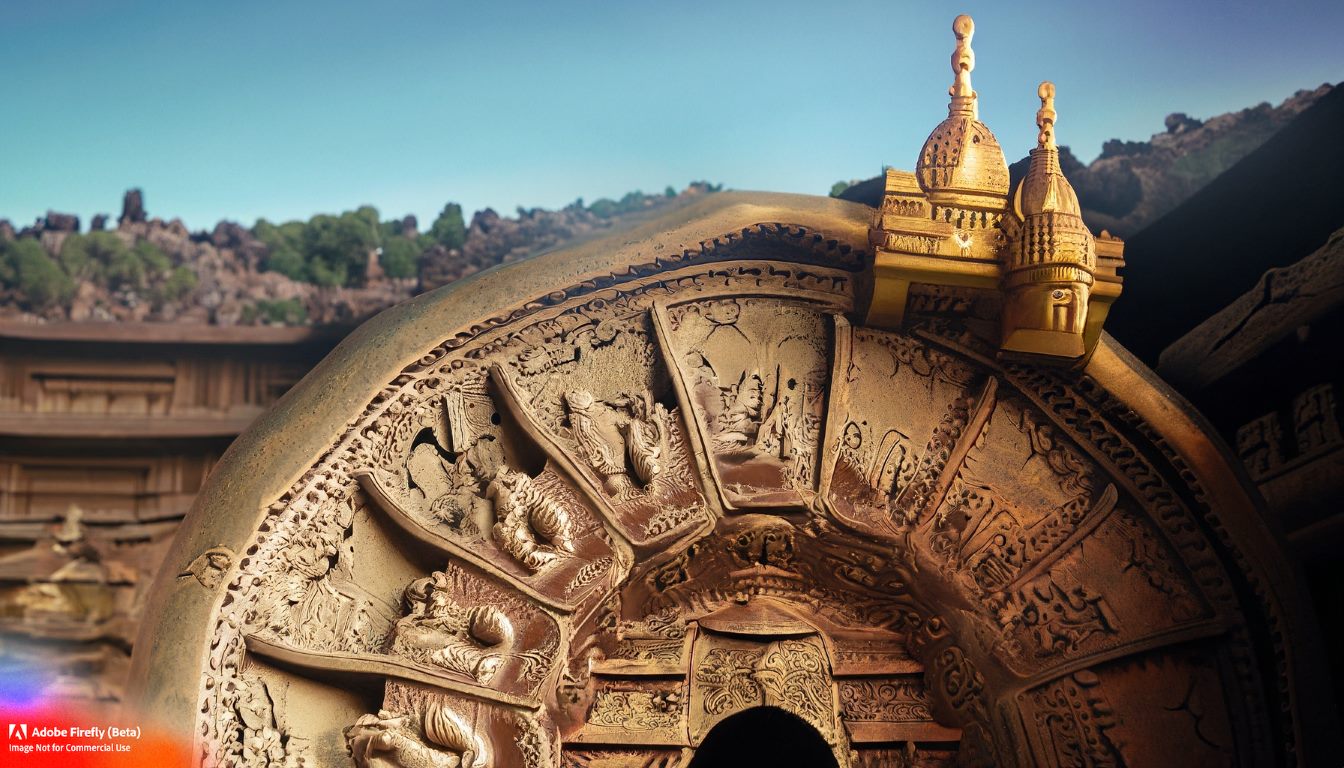
Tibet, a region known for its deep-rooted cultural traditions and spiritual practices, has a diverse and fascinating naming convention. Tibetan names often carry significant meaning, reflecting religious beliefs, ancestral connections, and local customs. In this article, we will delve into the world of Tibetan names and explore the most common names that grace the population of this enchanting land.
Tibetan Naming Customs
Before we delve into the specific names, it is essential to understand the naming customs prevalent in Tibetan culture. Tibetan names typically comprise two parts: the given name and the family name. The given name is carefully chosen to reflect auspicious qualities or to honor respected individuals, while the family name is inherited from the paternal side.

Male Names
Tibetan male names often carry meanings related to strength, wisdom, and spiritual qualities. Some common male names include Tenzin, meaning “upholder of teachings,” Namgyal, meaning “victorious,” Dorje, meaning “thunderbolt,” and Lobsang, meaning “kind-hearted.” These names exemplify the deep-rooted Buddhist influence in Tibetan society.
Female Names
Tibetan female names often evoke qualities like beauty, grace, and compassion. Common female names include Dolma, meaning “goddess,” Yangchen, meaning “goddess of the sun,” Pema, meaning “lotus,” and Dechen, meaning “great happiness.” These names reflect the reverence for feminine qualities and the association with Buddhist ideals.
Religious Names
Religion plays a vital role in Tibetan culture, and many names are derived from religious figures or symbols. For instance, the name Dalai is associated with the Dalai Lama, the spiritual leader of Tibet. Other religious names include Rinchen, meaning “precious,” and Gyaltsen, meaning “victorious one.” These names serve as a reminder of the deep spiritual heritage of Tibet.
Nature-Inspired Names
Tibet’s awe-inspiring landscapes and close connection with nature also influence naming conventions. Many names are inspired by elements of the natural world. Examples include Tsomo, meaning “lake,” Norbu, meaning “jewel,” and Yangzom, meaning “goddess of the turquoise.” These names reflect the reverence for the environment and its significance in Tibetan culture.

Family Names
Tibetan family names are usually passed down from the father’s side and signify ancestral connections. Common family names include Wang, meaning “king,” Dorje, meaning “thunderbolt,” and Tsering, meaning “long life.” These names provide a sense of lineage and kinship within Tibetan communities.
Tibet, a land steeped in spirituality and cultural heritage, has a rich tapestry of names that resonate with significance and tradition. In this article, we will dive into the enchanting realm of Tibetan names and explore the most popular names that grace this majestic land. From the names derived from religious figures to those inspired by nature and the deep-rooted Buddhist influence, we will discover the names that have captured the hearts of Tibetans throughout generations.
Conclusion
Tibetan names embody the rich cultural heritage and deep spirituality of the region. With their meanings rooted in religion, nature, and ancestral connections, these names carry profound significance for the people of Tibet. While this article has explored some common names, it is important to note that the diversity of Tibetan names extends far beyond what has been covered here. Each name in Tibet tells a story, connecting individuals to their heritage and beliefs. As you explore the enchanting world of Tibetan culture, take a moment to appreciate the profound meaning behind the names that adorn this remarkable land.






